The Facing Chemo and Facing Chemo Before & After series began with a single interaction. In 2008, San Francisco-based photographer Robert Houser was photographing a young woman for a magazine story when she told him that she’d be undergoing chemotherapy soon.
He offered to photograph her, to “give her something of herself” to help get her through the ordeal ahead, but she declined his offer.
Fast-forward 4 years, she called him back to see if the offer was still good. She was in the midst of her second battle with cancer, about to undergo a bone marrow transplant. The offer, of course, stood, and a few days later the photo project that would become “Facing Chemo” was born.
In many ways, that first session embodies the spirit of the whole project, and the birth of the non-profit Facing Light Foundation, “established to draw attention through photographic imagery to the humanistic side of those facing some of life’s greatest challenges.”
Speaking of that photo shoot later, the young subject said the photos represented, “the first time in years someone saw her.” From Facing Light:
Pictures up to that point had been of her disease, MRIs, x-rays, medical data; she’d begun to avoid her reflection in the windows of parked cars. Now, it wasn’t about her disease, but her, the woman inside. She was still there.
Each of the women photographed below as part of the Facing Chemo and Facing Chemo Before & After exhibits, are all still there. They are not their disease, not their tumors, not their struggle. In some small way, Facing Light’s portraits remind them of this fact:
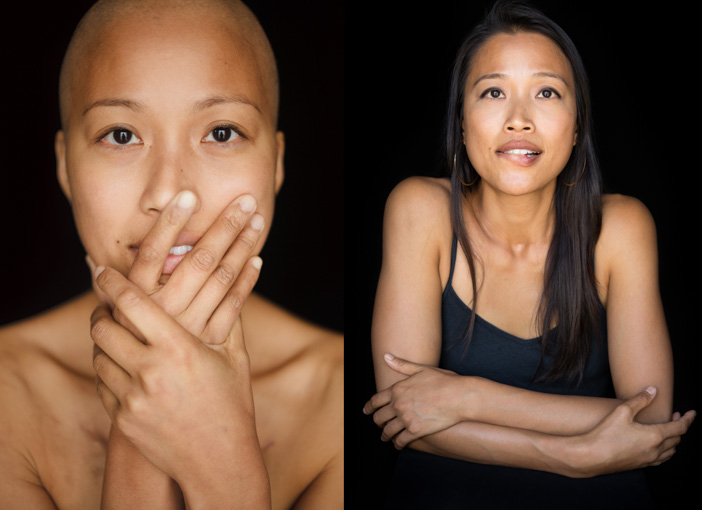
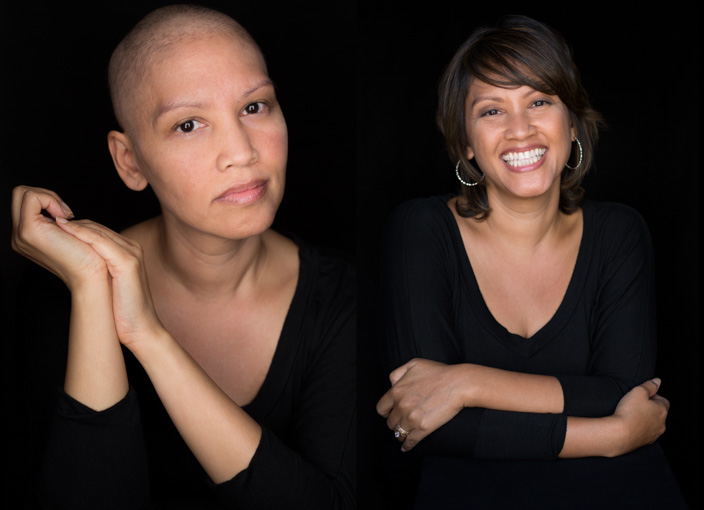
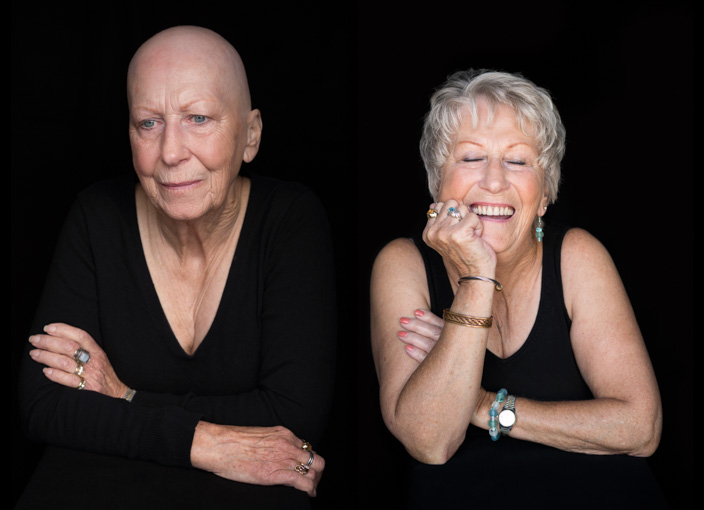
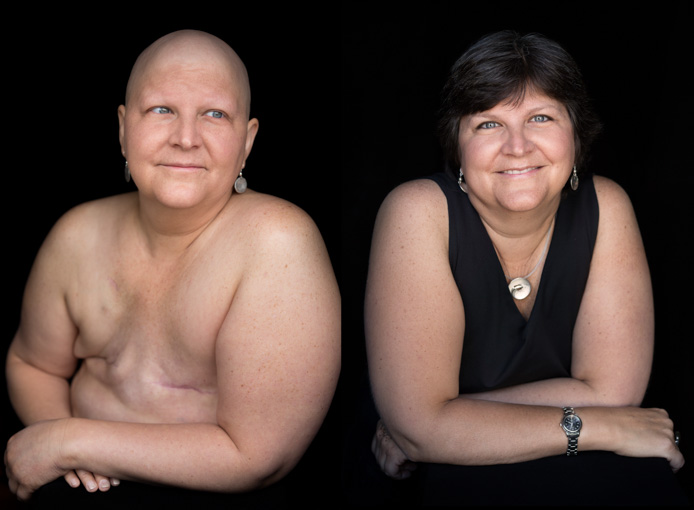
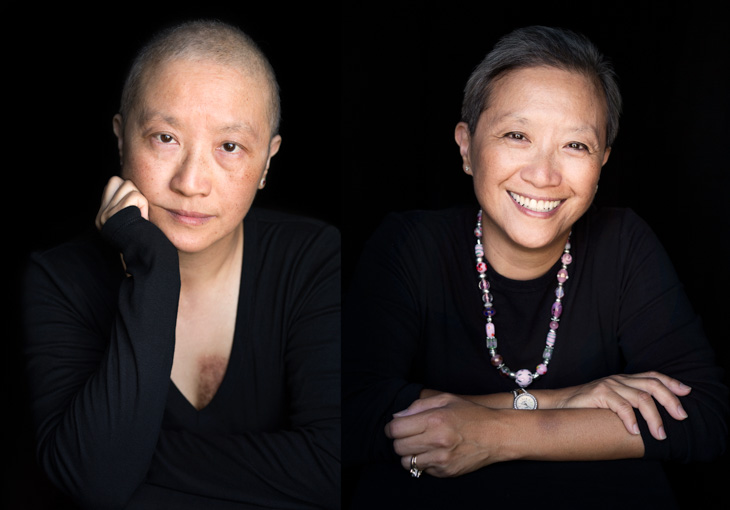
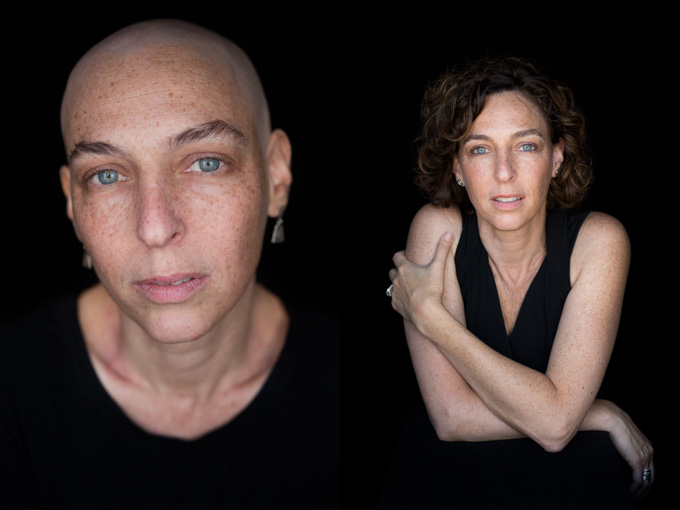
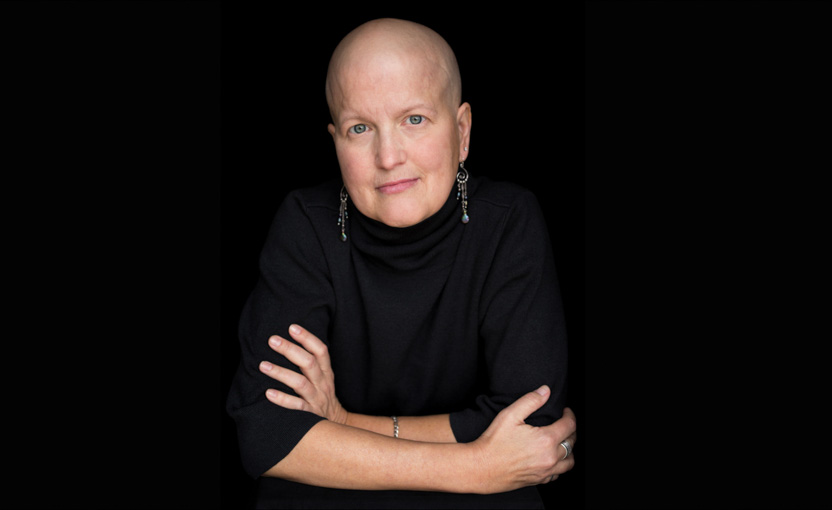
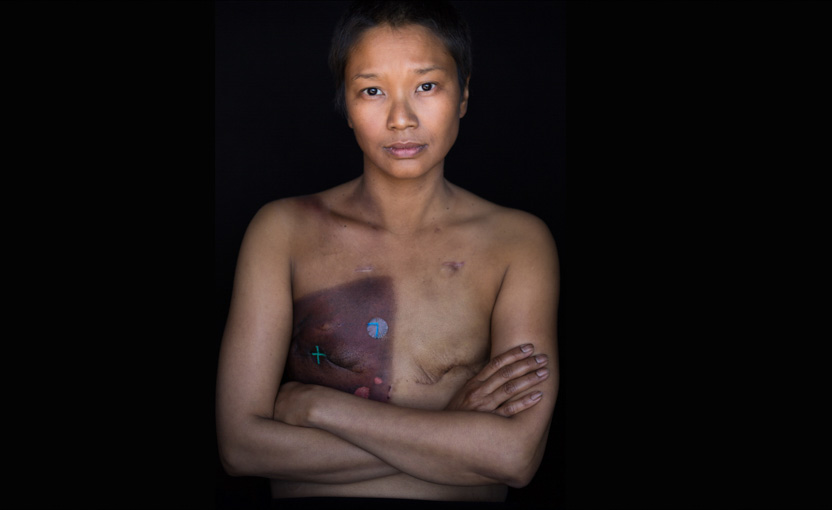
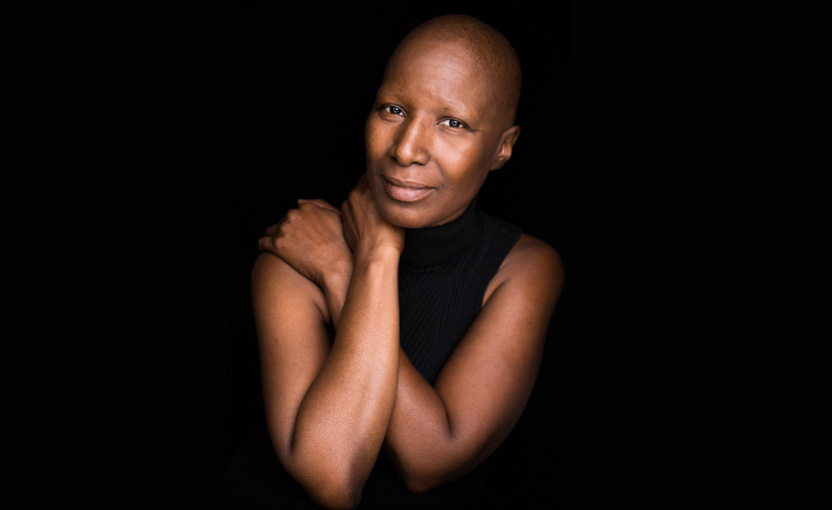
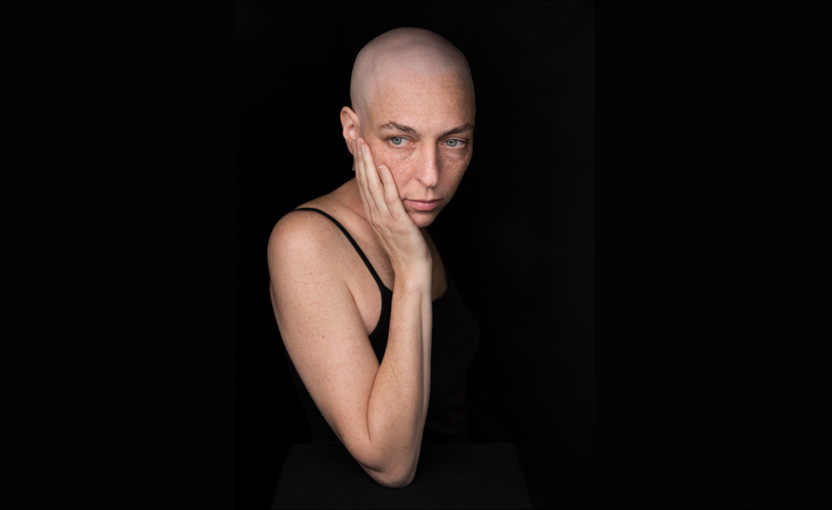
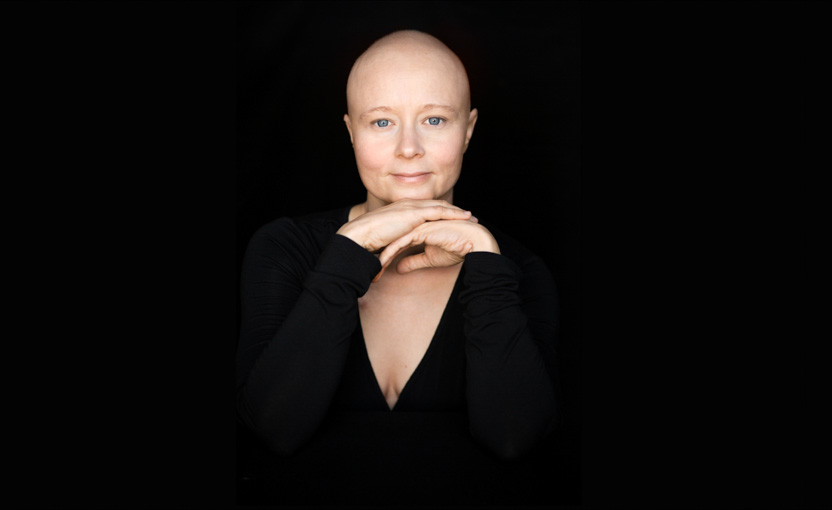
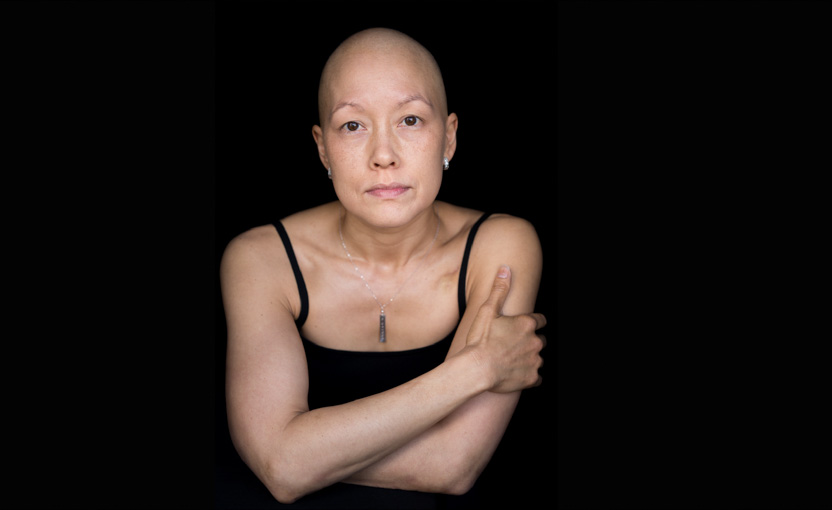
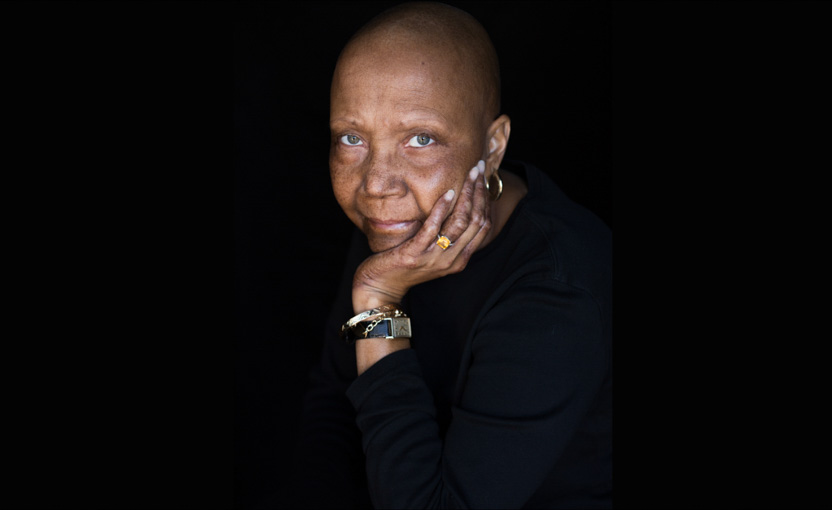
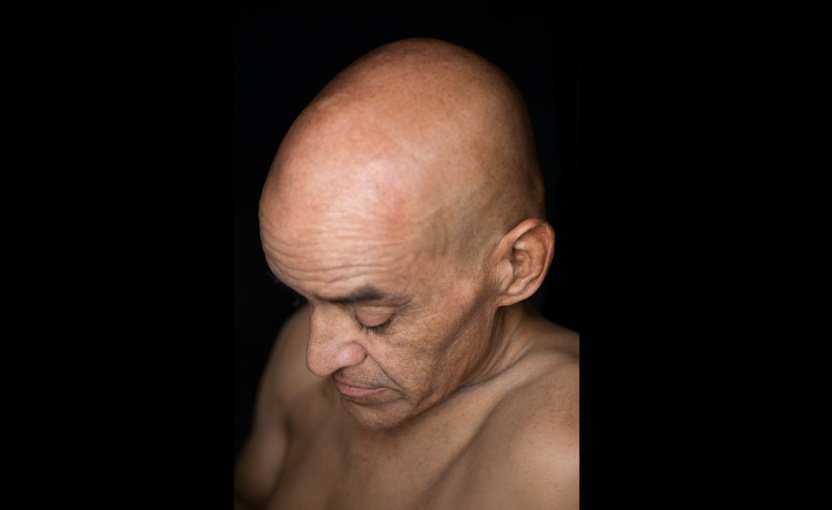
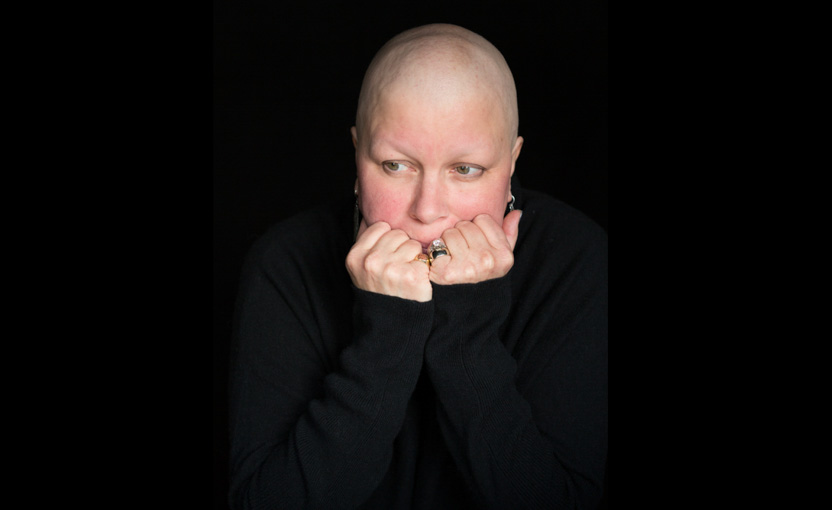
You can find out more about Facing Light or donate to their cause by visiting the foundation’s website, and you can keep up with them on 500px as well.
Facing Chemo is, they tell us, just the beginning. They’re researching project on schizophrenia and MS (among other things), and have already published a series of images on aging called, appropriately enough, Facing Aging.
Through photography, they hope to educate and put a human face on the diseases many of us abstract unless they affect us directly. That’s a mission we can get definitely behind.

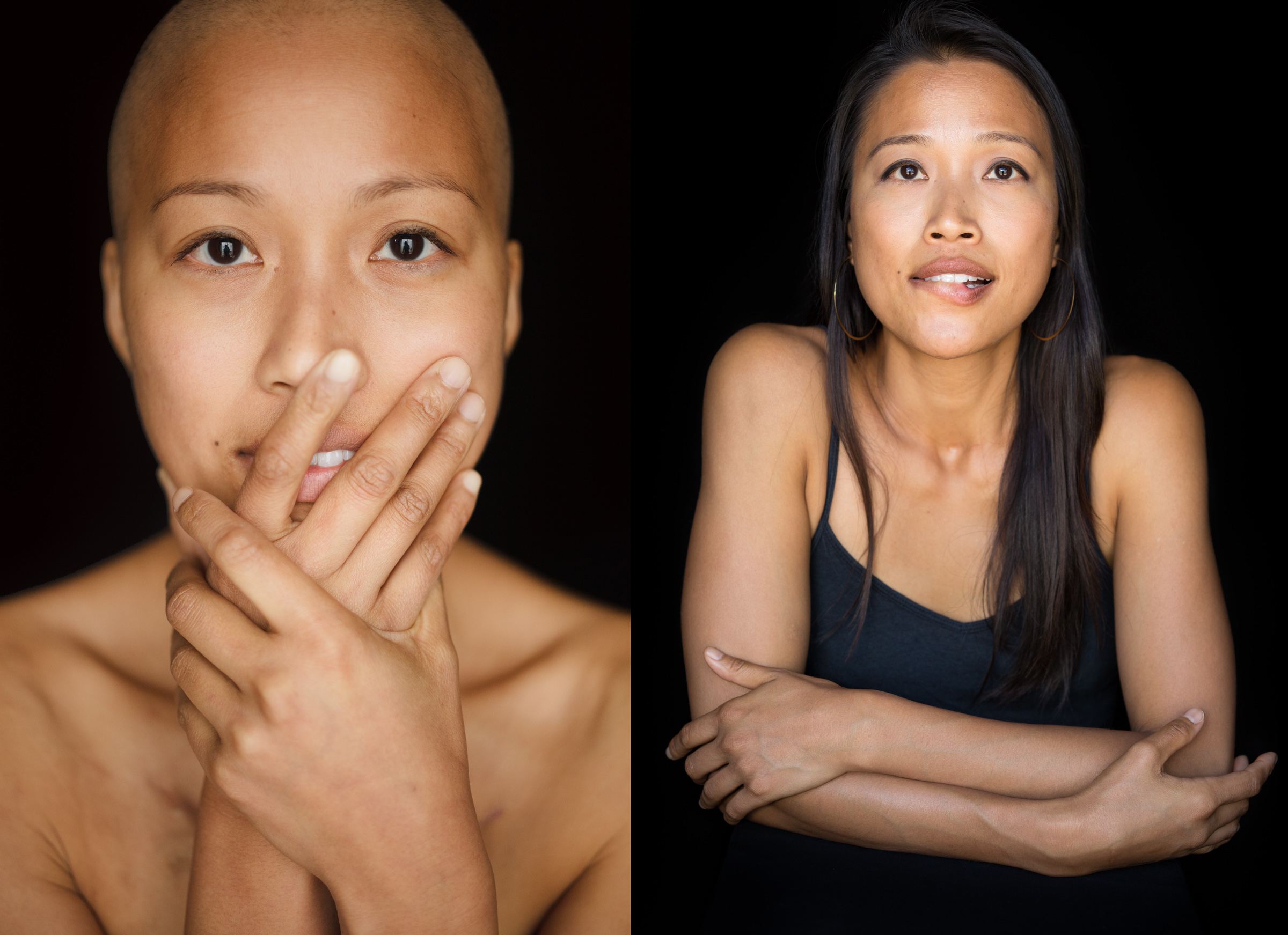






Leave a reply